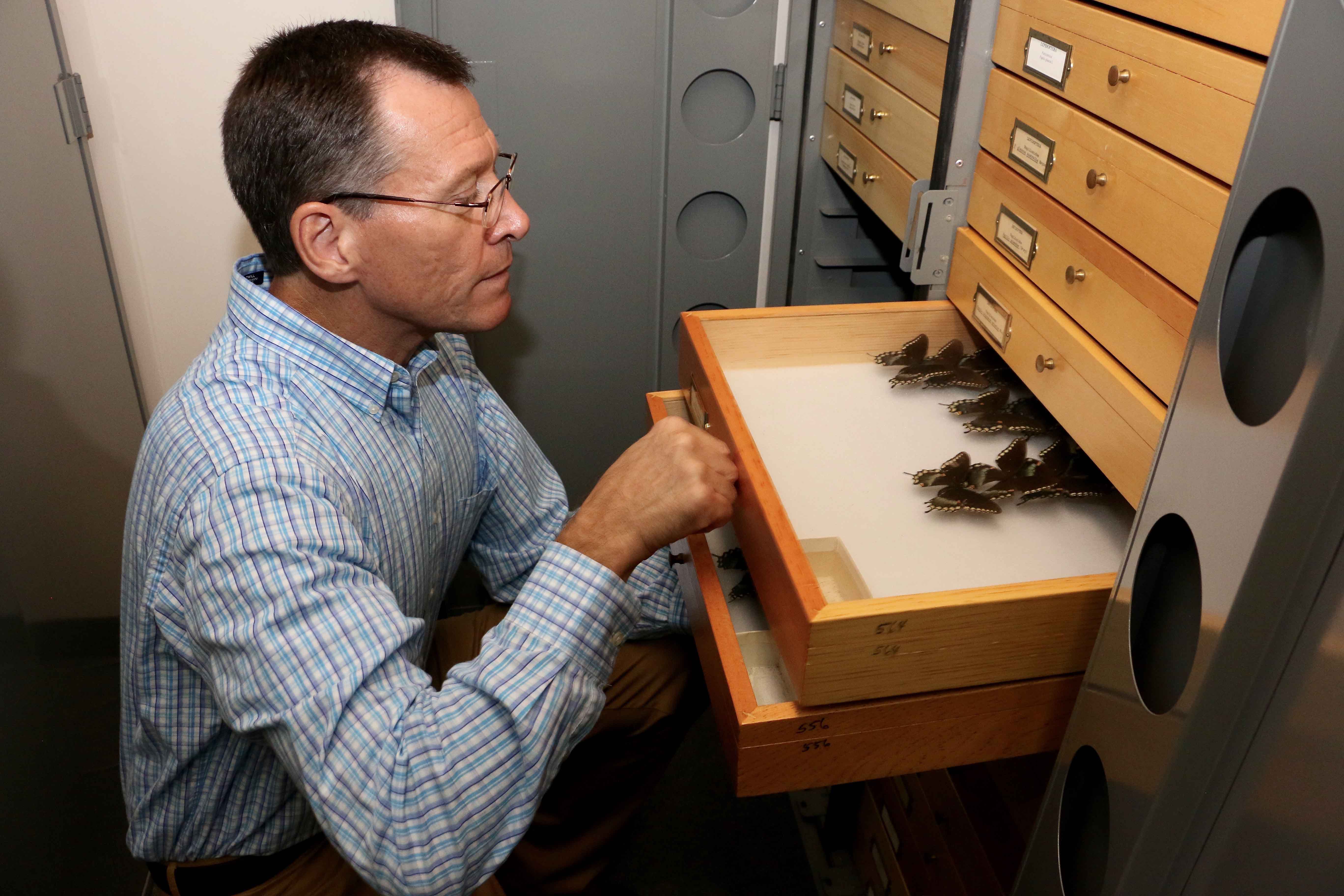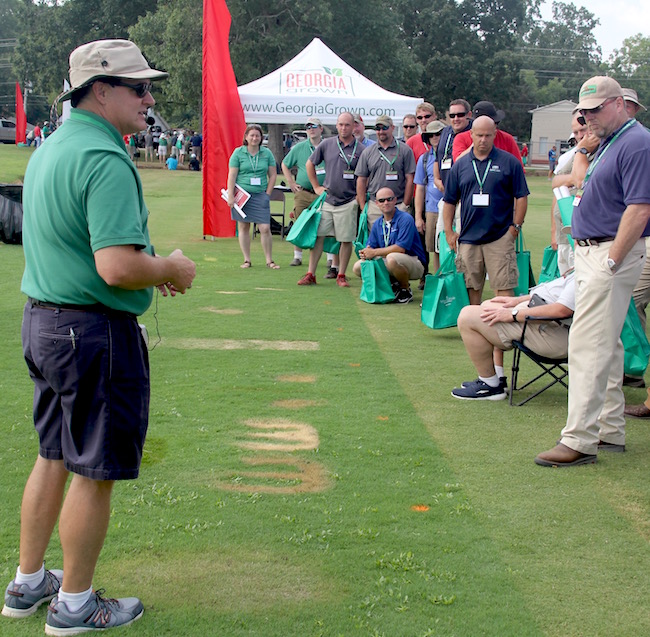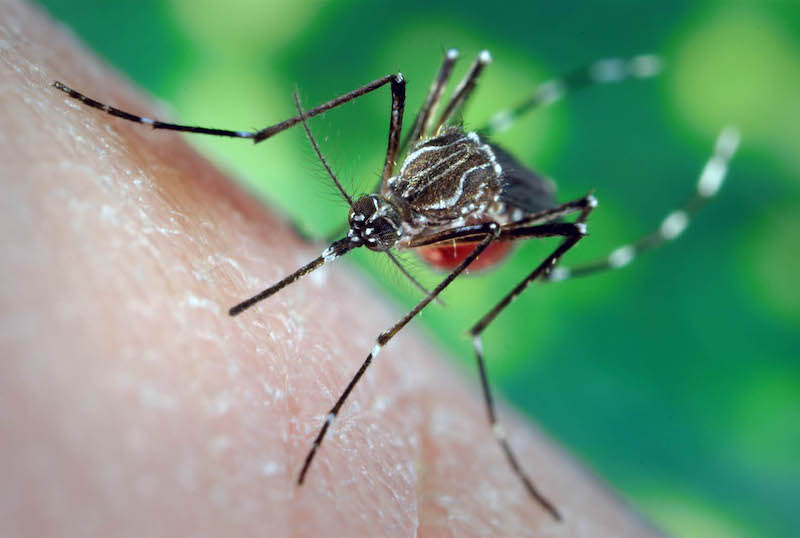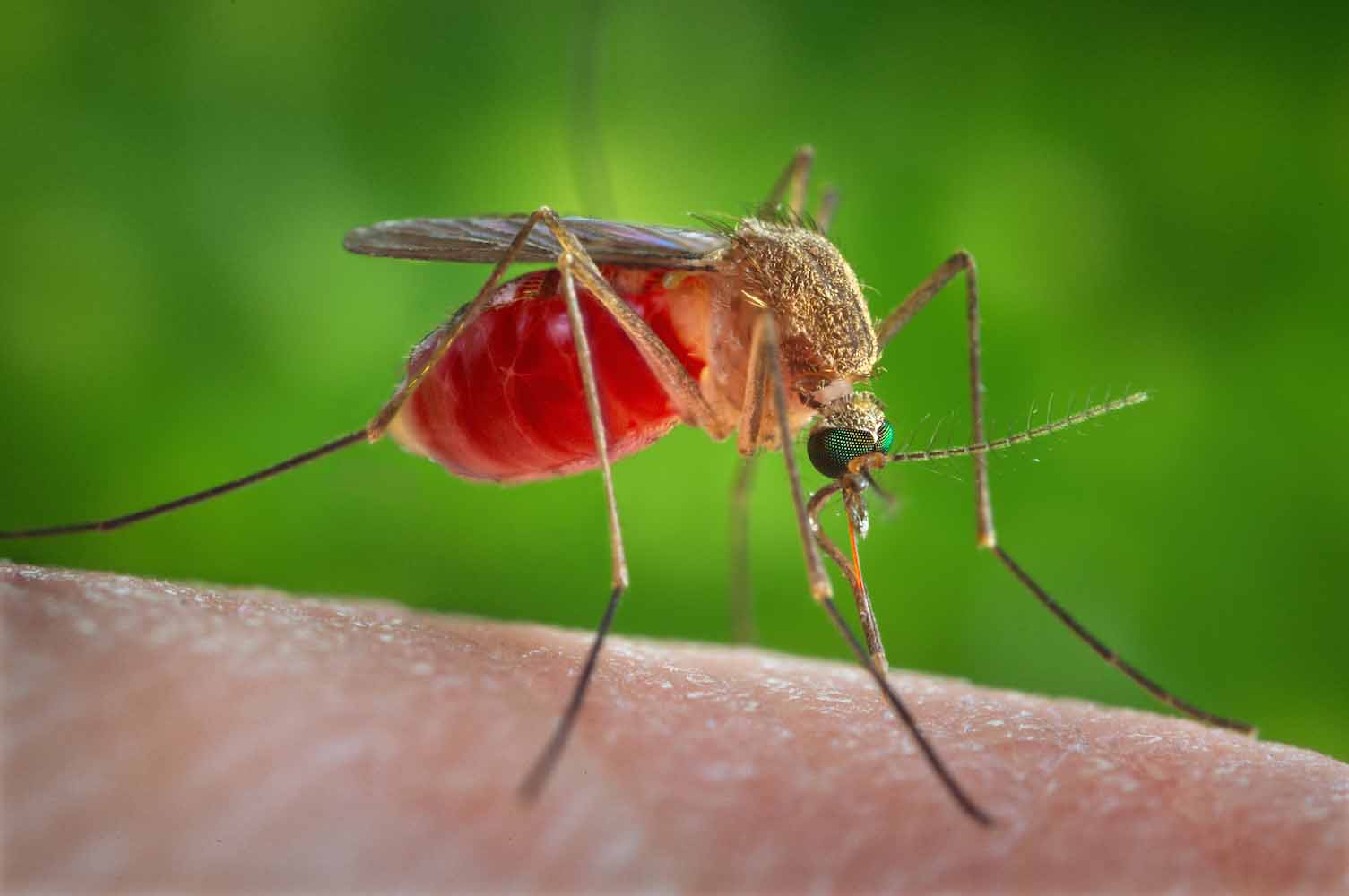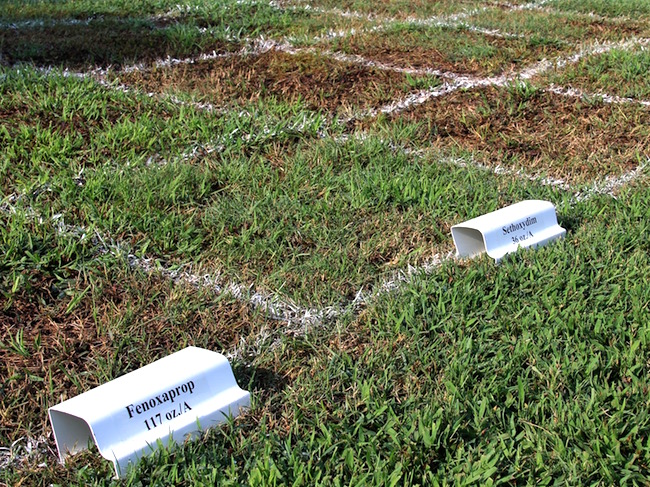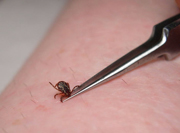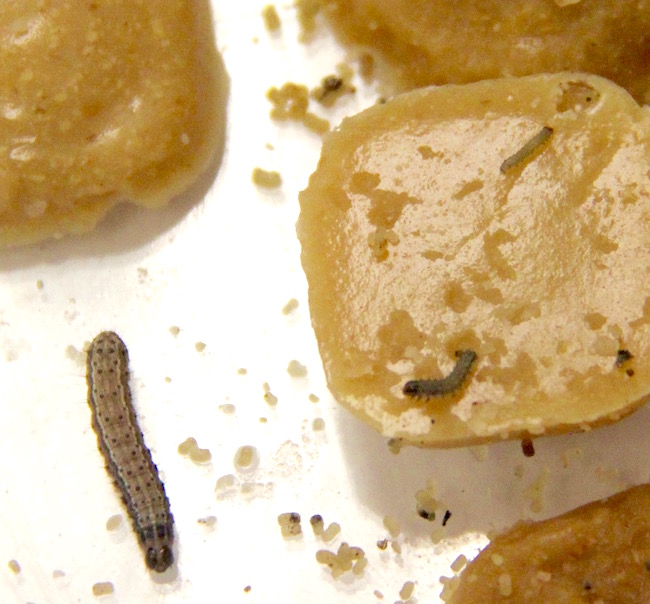 CAES News
CAES News
Worm Army
Georgia farmers are never surprised to see fall armyworms munching on their precious corn, sorghum and forage hay crops. They just hope for a low number of armyworms. This year’s population of the tiny destroyers, described as an “Armageddon-type outbreak” by University of Georgia entomologist David Buntin, is far from low.

